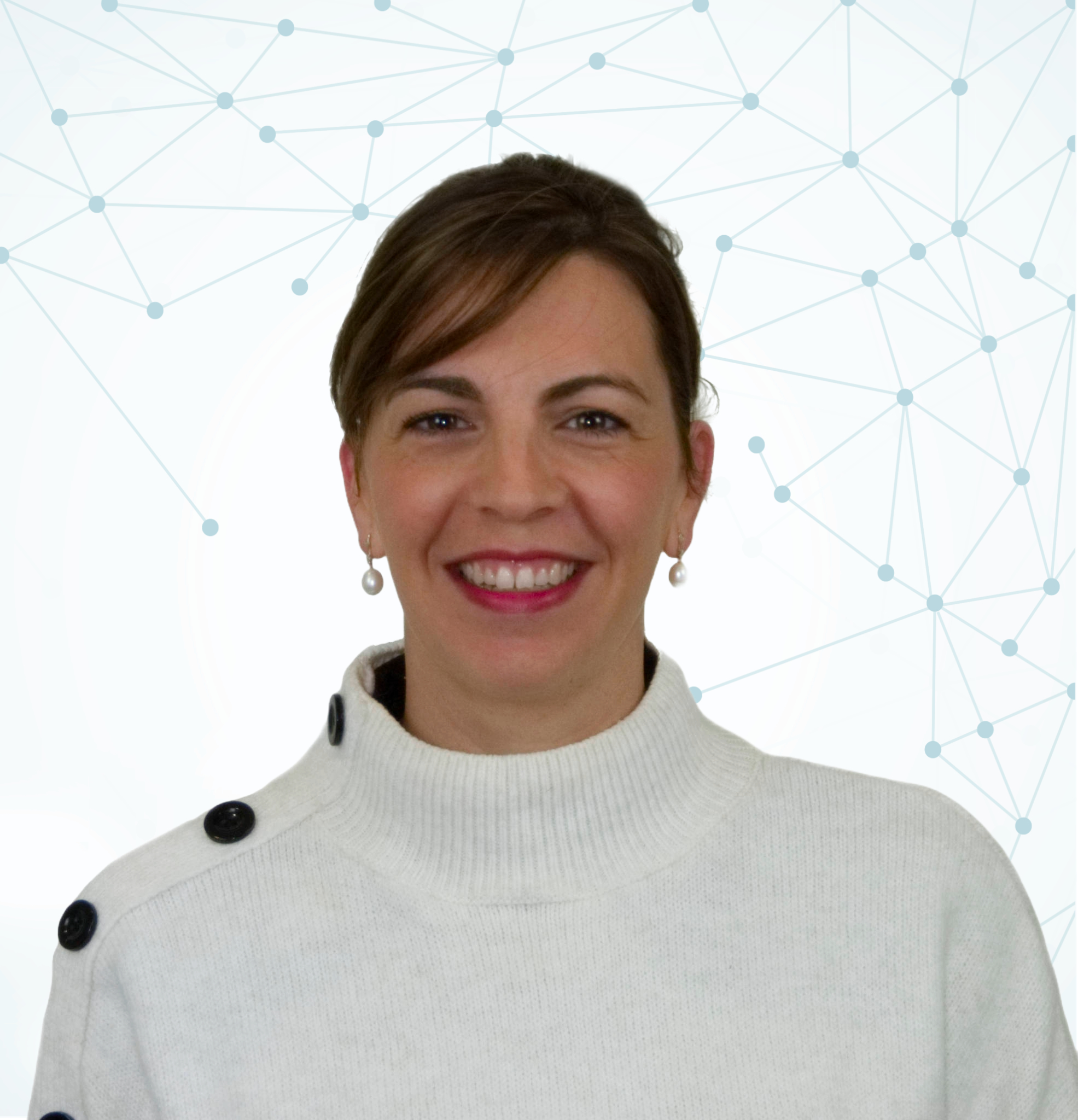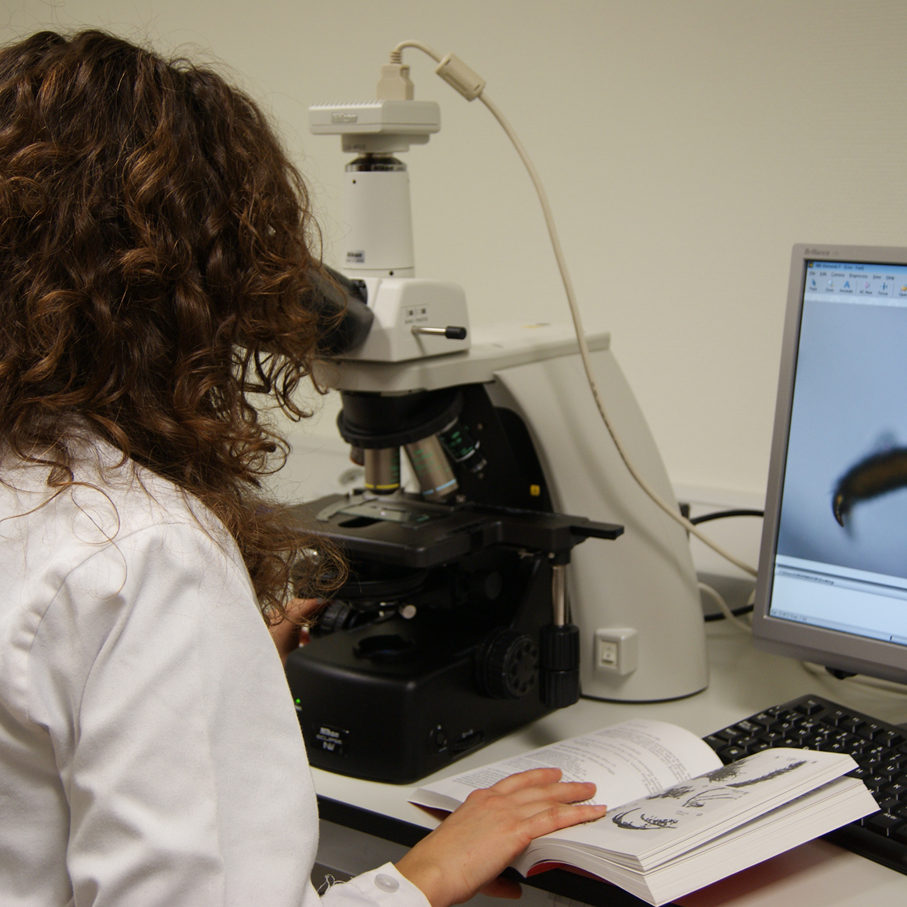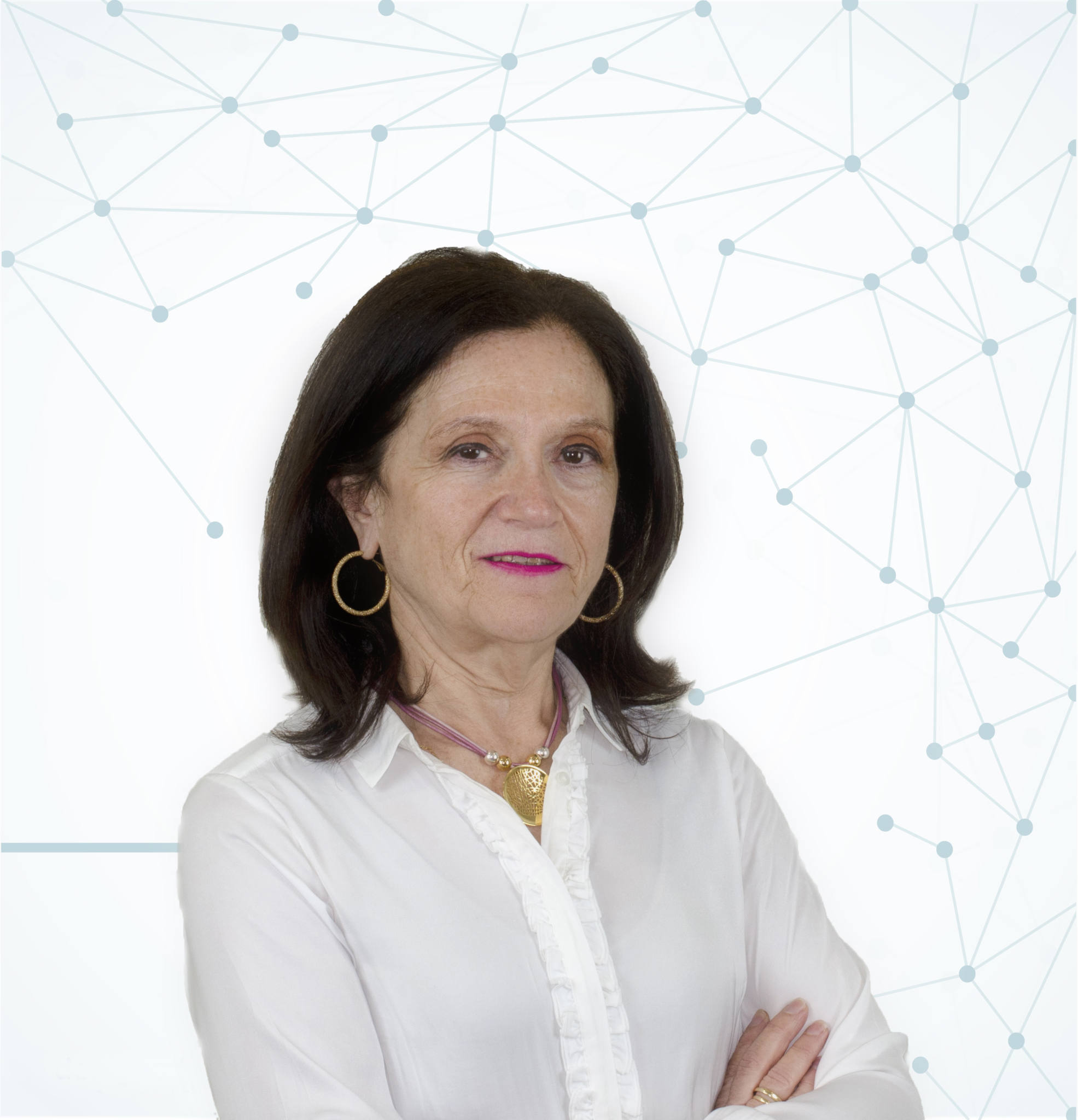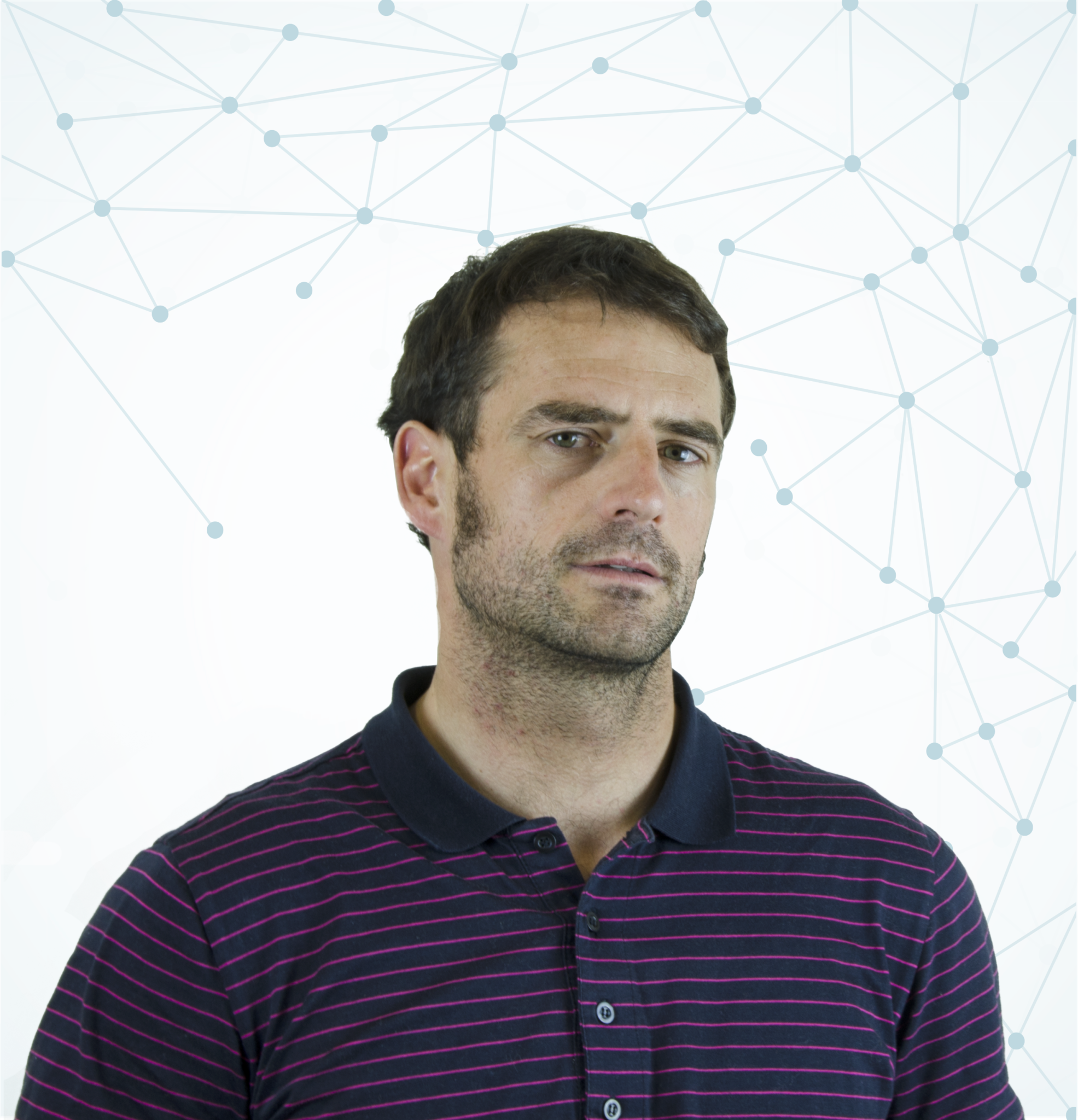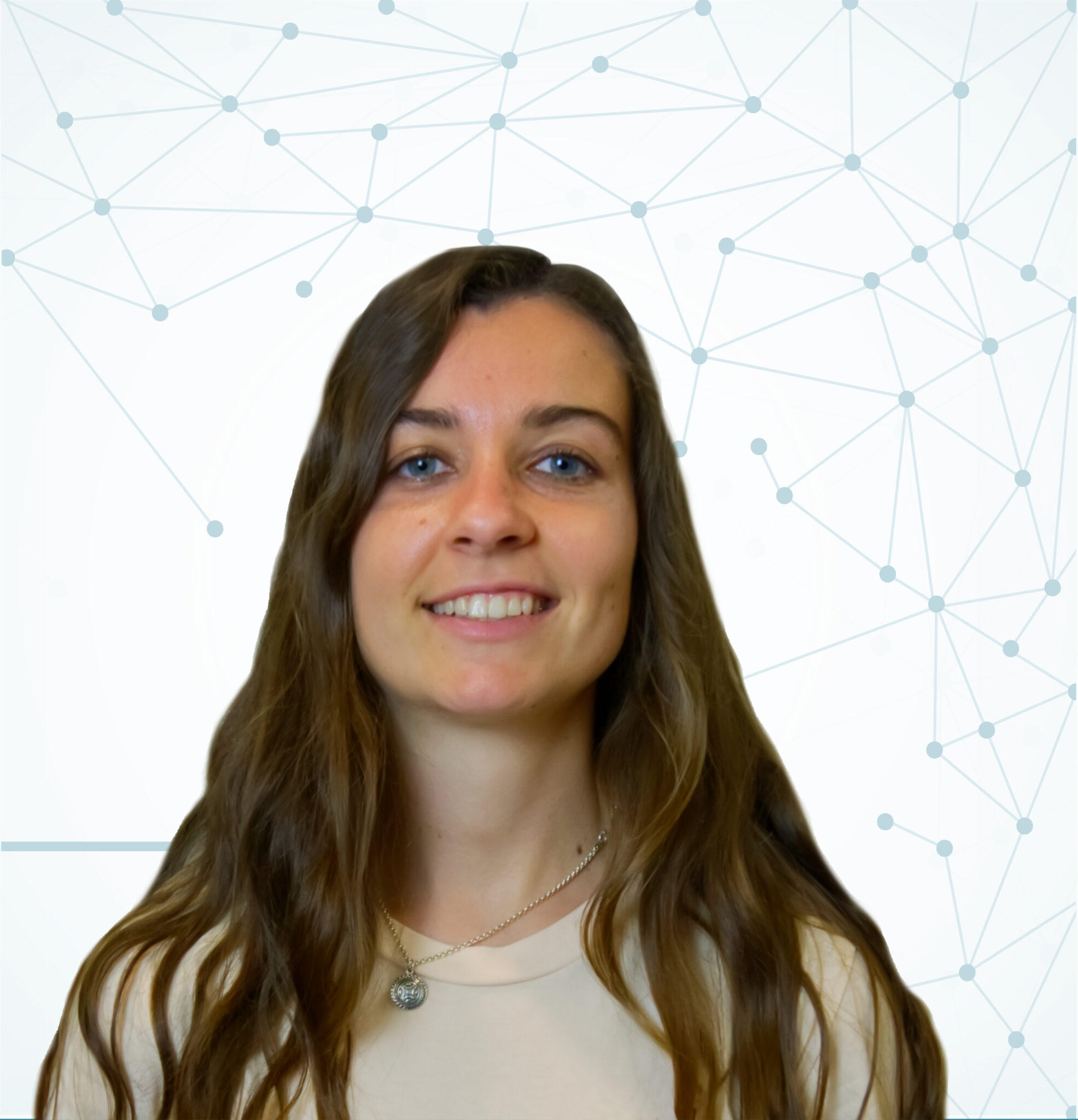The hydrobiology laboratory group, is a multidisciplinary team with highly specialized staff and with experience both in the taking of samples and in physical, chemical and biological analysis applied in any field of the integral water cycle (water and sediments).
The laboratory of hydrobiology provides support for research and offers services to companies and public bodies in the characterisation and assessment of aquatic ecosystems and the biological communities that they harbour.
The laboratory is accredited in taking samples, measurements “in situ” and various physical, chemical and biological parameters by the National Accreditation Entity (ENAC) to carry out tests in the environmental sector according to the UNE-EN ISO/IEC 17025, CGA standard -ENAC-LEC (No. 1111 / LE2148).
The laboratory also has the title of Collaborating Entity of the Hydraulic Administration (ECAH, EC 170/1) in matters of control and monitoring of water quality and management of discharges into the public hydraulic domain and is part of the Central Services of the Universidad de Cantabria (SCI).
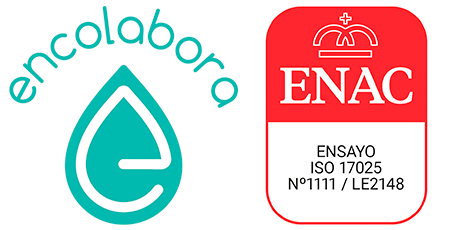
SERVICES
Characterization of aquatic ecosystems
Physical and chemical analysis of water and sediments
Microbiological and ecotoxicity analysis of water and sediments
Biological analysis (phytoplankton, macroalgae, aquatic macrophytes, macroinvertebrates, fishes)
Spectral optics laboratory
Field and laboratory experimentation
FACILITIES AND TECHNICAL RESOURCES
- General laboratory
- Spectral optics laboratory
- Microscopy room
- Microbiology room
- Specialized rooms
- Sampling material
Equipped with:
- Water purification equipment Milli-Q.
- Thermodisinfector.
- Basic laboratory equipment: (thermostatic baths, heating plates, automatic micropipettes, centrifuge, filtration equipment, specific electrodes, etc.).
- Nutrient autoanalyzer: high resolution autoanalyzer 3, for nutrients from sea water and other types of water (nitrate, nitrite, ammonium, orthophosphate, silicate, nitrogen and total phosphorus).
- UV / VIS spectrophotometers.
- Distiller and digestion unit Kjeldahl.
- Total nitrogen analyzer in water.
- Total carbon analyzer (organic and inorganic C) in both water and sediment.
- Incubator and BOD meters.
- COD digesters.
- Microwave digester for extraction.
- Sediment sieves and sieve towers.
- All laboratory equipment (stoves, autoclave, muffle, thermostatic baths, BOD incubator) is outfitted with a real-time temperature monitoring system.
- Room conditioned to obtain spectral signatures under controlled conditions
- Hyperspectral spectroradiometer field model ASD FieldSpec-4
- Quartz-tungsten lamp with an integrated reflector that guarantees stable illumination in the spectral range of 350-2500 nm
- Stereoscopic microscopes
- Inverted microscope with microcamera
- Optical microscope with microcamera
- Equipped with the necessary material to guarantee the quality of the data in terms of isolation, counting and identification of bacteria: biological safety cabinet with UV lamp, autoclave, centrifuge, thermostatic baths
- Bioluminescence test equipment, to measure the light emission of the microorganism (Vibrio fischeri), in contact with the samples under controlled conditions of temperature and temperature.
-
- With several scales of precision and kit of weights (rank 1 mg to 200 g) of verification of scales with certification.
-
- Stove at 105 ºC
- Bacteriological stoves 37 ºC and 44.5 ºC
- Stove drying material
- Muffla oven(maximum temperature 1,000 ºC)
-
- With lighting and controlled temperature.
- Equipped for the performance of a liquid phase toxicity bioassay based on the fertilization of the sea urchin Paracentrotus lividus
- Equipment for performing acute toxicity bioassay of Corophium sp.
Refrigeration and Freezer Chamber
- Various cold rooms with real time temperature monitoring system
Sample taking:
- Oceanographic bottles (Niskin)
- Automatic sampler
- Telescopic telescopic sails
Measuring sensors:
- CTD multison
- Hydrolab probe (temperature, conductivity, dissolved oxygen)
- YSI probe with Rhodamine sensor
- Continuous turbidity meter
- Portable electric fishing equipment
- Hyperspectral spectroradiometer field model ASD FieldSpec-4
- White calibration panel (Spectralon (R)) and different sampling devices
- Profiles ADV Flow Tracker and acoustic doppler M9
- Laser Scanner Focus 3D
- Video cameras and housing, cameras
- Coriander, anemometer, PDA
– Unmanned submarine vehicle (ROV)
– Inflatable boat
TEAM
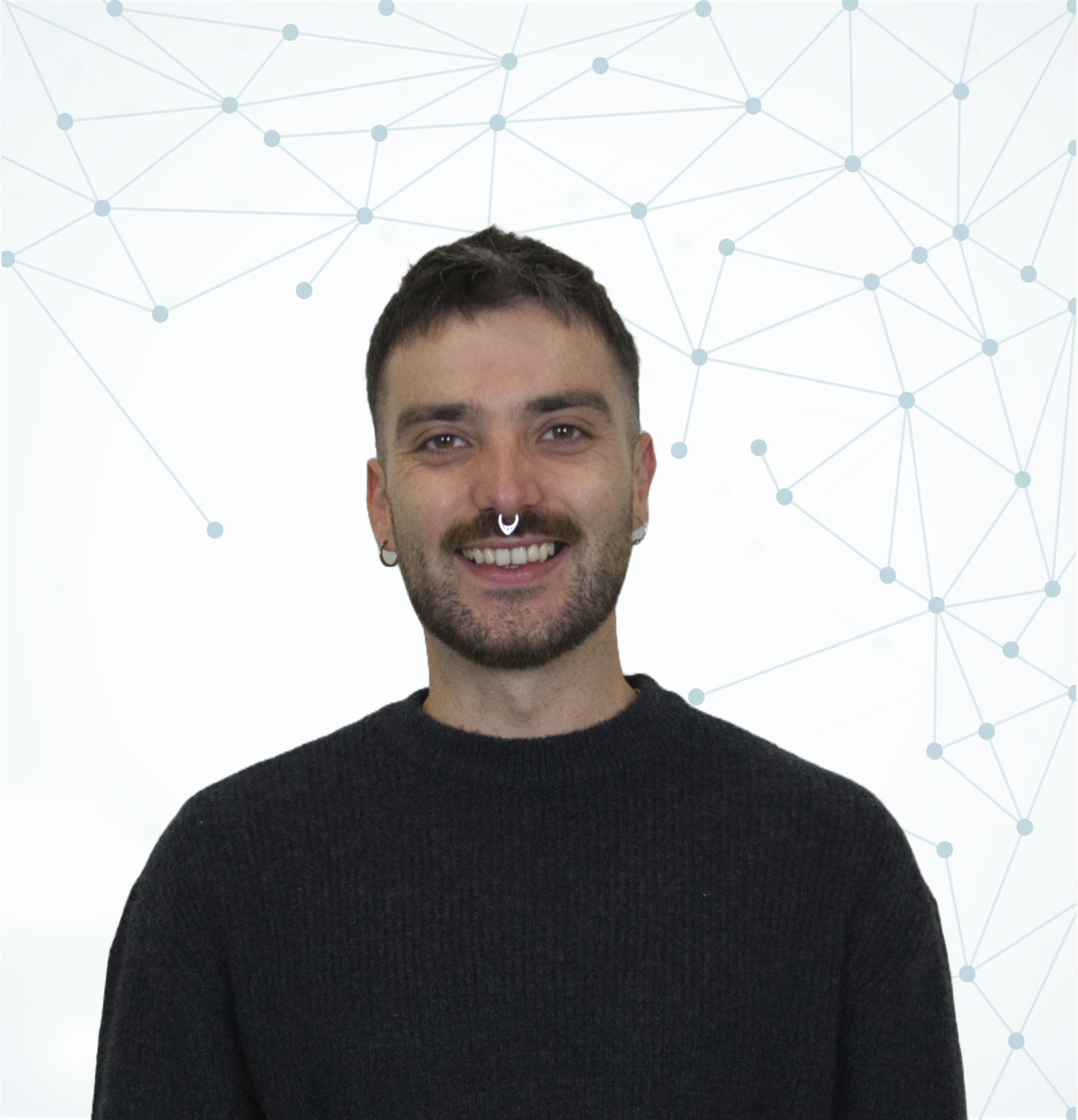
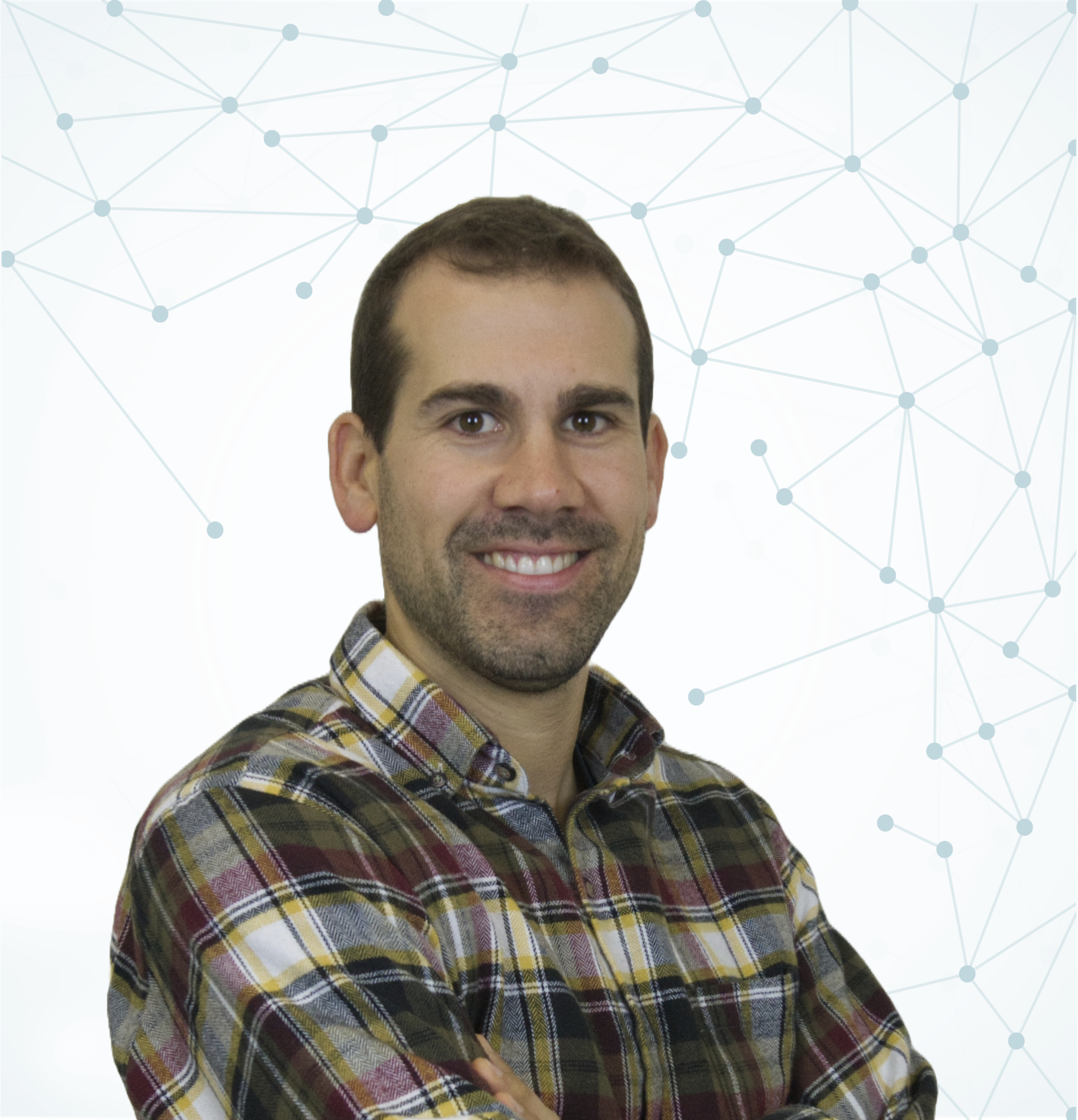

Óscar Fernández Ramos


